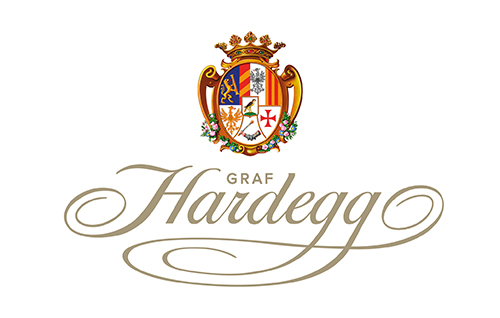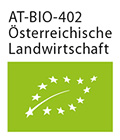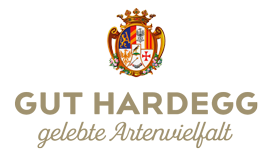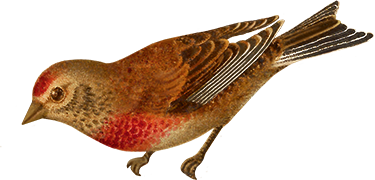IN THE VINEYARDS











PRECIOUS ORIGIN
„Graf Hardegg“ ist die Premium-Marke des Gutsbetriebs und wird aktuell auf allen Produkten des Weinguts sowie unserem BIO-Honig und nativem Rapsöl geführt.
gut hardegg > Winery > IN THE VINEYARDS
IN THE VINEYARDS
Our vineyards
are located within a radius of about eight kilometers around Seefeld Castle. The 30 hectares are distributed over 3 vineyards. The soils are mainly calcareous sedimentary and raw rock soils with a high sand content. The average annual rainfall is 400 - 450 mm, which is a lower limit for a vineyard. Therefore, special attention is paid to soil improvement and humus build-up.
We primarily cultivate classic grape varieties such as Grüner Veltliner, Riesling, Zweigelt but also Pinot Noir and Chardonnay. In addition, we deal with varieties and practices that were well known in other regions, but were an absolute novelty in our country: Thus, starting in 1994, a fortified wine, the "Forticus" is produced according to the model of a vintage port and in 1995 the French variety Viognier was planted out for the first time. Today, both products are "cult wines" far beyond the borders.
The single vineyard Ried Steinbügel
The Ried Steinbügel, our best site, is directly adjacent to the winery. It is largely a south-facing slope and consists of a permeable clayey raw sandy soil of marine origin, which is very calcareous. While the sun-exposed location is considered a heat pole during the day, the continental air ensures strong cooling at night, thus leading to significant fluctuations between day and night temperatures. This, in turn, ensures a fresh, crisp acidity and also a distinct aromatic diversity in the grapes. The airy location allows the grapes to ripen healthily on the vine for a long time in the fall without being infected by rot. Thus, the long-lived wines from this single vineyard best represent both the vintage and varietal type.
Organic farming
In this way, the soil qualities and the power of the vines are strengthened over the annual cycle. Species diversity and biodiversity are revitalized. Numerous field birds, insects & other beneficial insects feel at home in our vineyards. Lots of wild bees also nest in the living soil.
Our on-farm circular economy makes it possible to use a lot of natural "manure" on straw bedding for the preparation of high-quality compost. And our agricultural flowering areas, are brought into the vineyards as green cuttings to promote the build-up of humus on the poor sandy rock soils.
Wild herbs and legumes, such as clover, therefore grow in the vineyards, collecting nitrogen in the air and thus supplying the vines in a natural way. At the same time, a diverse microfauna is thus achieved, resulting in excellent mineralization.
The greening seeding serves to control erosion, build up humus, biodiversity in its entirety to lead to increased water retention and an improvement in soil structure; noticeable by an increase in the quality of the fruit due to natural yield limitation.

"By improving the quality of the soil, we have been able to achieve more natural balance across the winery - and not only with regard to the vines.
We are all the more pleased with the quality of the current harvest. The individuality of the wines gives us a lot of courage every year to consistently continue on the path we have chosen."
– MAXIMILIAN HARDEGG –


